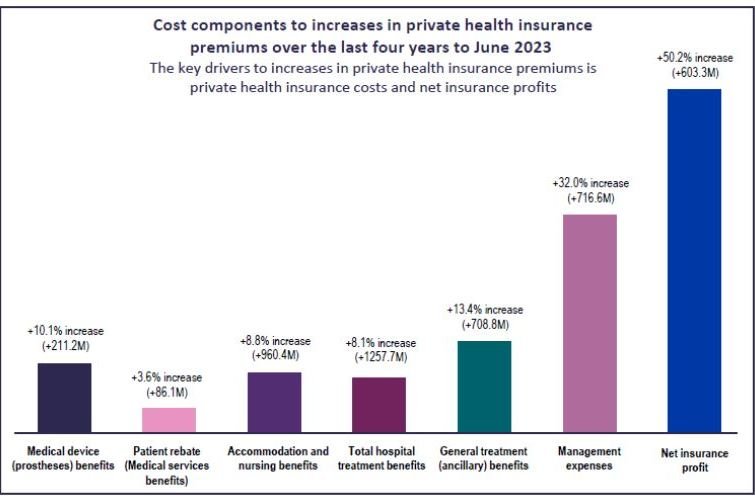The Law Council of Australia strongly welcomes the decision by Commonwealth, state and territory Attorneys-General to prioritise enduring power of attorney (EPOA) law reform to better protect older Australians from financial abuse.
“Our population is ageing,” Law Council of Australia President, Dr Jacoba Brasch QC said.
“Older Australians are our parents, our grandparents, our aunts, uncles, sisters, brothers and friends and we need to do more to protect them.
“The Law Council and others, including the Age Discrimination Commissioner, have been calling for these reforms for five years, so we are pleased the nation’s Attorneys-General have recognised the urgent need for a more consistent approach to governing EPOAs.”
EPOA arrangements are intended to ensure a person’s interests are protected when they lose capacity to make decisions for themselves. However, in the absence of adequate legal safeguards, financial elder abuse by appointed decision-makers may be facilitated by such arrangements.
“What this means is that those who we expect to care for us when we may no longer be able to fully care for ourselves, take advantage of the trust placed in them. Tragically, this abuse is often perpetrated by a family member.
“It is estimated that as many as 185,000 older Australians experience some form of abuse or neglect each year and that financial abuse is the most prevalent form.”
Earlier this year, the Law Council of Australia convened a national roundtable to discuss EPOA law reforms with respect to financial matters The roundtable brought together national experts from the legal sector, public advocates, older persons stakeholder groups, law reform and human rights representatives.
Participants agreed that law reform in this area is urgently required to tackle the national problem of elder abuse.
Following the roundtable and further consultation with its Constituent Bodies, the Law Council wrote to the Commonwealth Attorney-General to propose certain model provisions as a starting point for national reform in this area.
These model provisions are directed towards mitigating financial abuse of older Australians arising from EPOAs by ensuring, among other things, that a person making an enduring document makes an informed decision about its content and the identity of the appointed decision-maker, and that the decision-maker understands and makes a commitment to comply with, their duties and obligations.
The Law Council notes that the Attorneys-Generals also decided to consider alternative models for the National Register of EPOAs. Consistent with the Australian Law Reform Commission’s recommendations, it is the Law Council’s view that the development of nationally consistent laws regarding EPOAs and a national model enduring document are necessary precursors to a national register.
The Law Council, in close consultation with its National Elder Law and Succession Law Committee and constituent bodies, looks forward to assisting work undertaken by the Meeting of Attorneys-General towards achieving a more nationally consistent approach.







